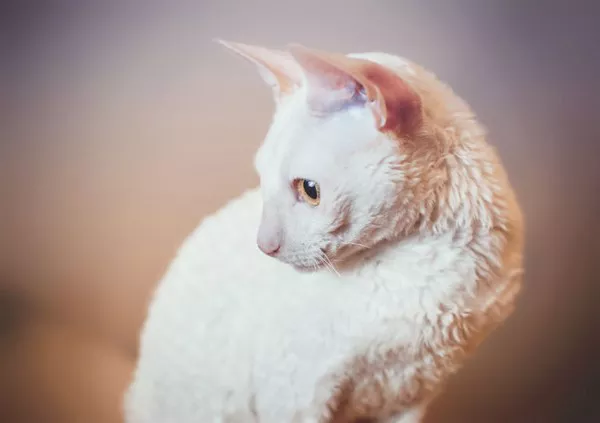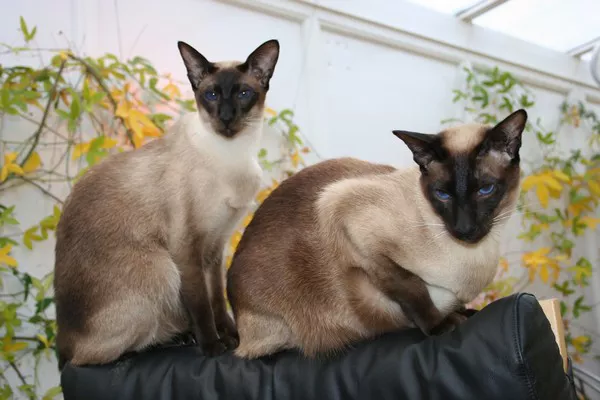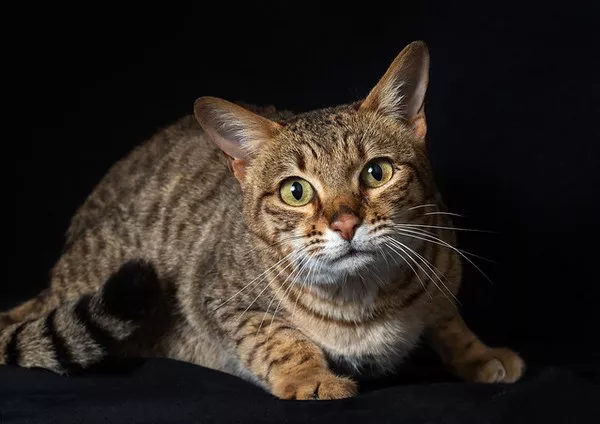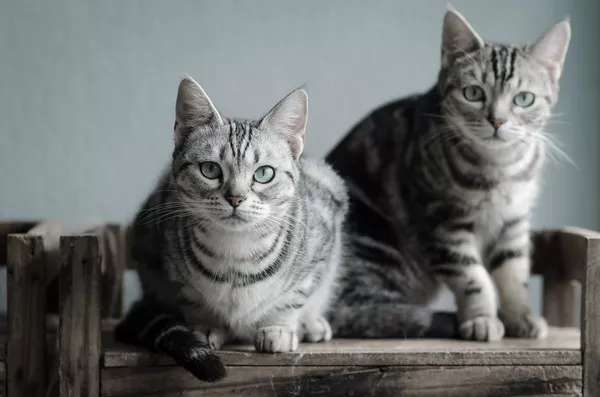Understanding the Unique Nutritional Needs of Cornish Rex Cats
Cornish Rex cats are known for their unique appearance, characterized by their curly coat and slender bodies. However, their distinct physical attributes also come with specific nutritional requirements. To ensure the overall health and well-being of your Cornish Rex cat, it is essential to provide them with a balanced and appropriate diet. This article will delve into the factors that influence the best food choices for Cornish Rex cats, including their metabolism, dietary sensitivities, and specific nutrient needs.
High-Quality Protein Sources for Optimal Health
Protein plays a crucial role in the growth and maintenance of a cat’s body, making it a vital component of their diet. For Cornish Rex cats, who tend to have a faster metabolic rate compared to other breeds, ensuring an adequate intake of high-quality protein is crucial. Look for cat foods that contain animal-based proteins like chicken, turkey, or fish as their primary ingredients. These proteins provide essential amino acids necessary for muscle development and repair.
Essential Fatty Acids for Skin and Coat Health
The Cornish Rex breed is characterized by its distinctive curly coat, which requires extra care and attention. Essential fatty acids, such as omega-3 and omega-6, are vital for maintaining healthy skin and promoting a lustrous coat. Including fish oil, flaxseed, or sources rich in these fatty acids in your Cornish Rex cat’s diet can help alleviate dryness, reduce shedding, and enhance the sheen of their coat.
Adequate Hydration through Moisture-Rich Foods
Cats, including Cornish Rex cats, are notorious for their low thirst drive. Ensuring proper hydration is essential for their overall health and preventing urinary tract issues. Incorporating moisture-rich foods, such as wet or canned cat food and adding water to dry kibble, can help increase your cat’s water intake. This practice aids in maintaining optimal urinary tract function and supports kidney health.
Nutritional Supplements for Optimum Health
While a balanced diet is crucial, some Cornish Rex cats may benefit from nutritional supplements to address specific needs. Consult with your veterinarian to determine if your cat requires supplements such as probiotics for digestive health, joint support supplements, or vitamins tailored to their individual requirements. Remember, it’s essential to provide supplements under professional guidance to avoid any potential imbalances or adverse effects.
Avoiding Common Dietary Allergens and Sensitivities
Cornish Rex cats, like other feline breeds, can develop food allergies or sensitivities. Common allergens include grains (such as wheat, corn, and soy), dairy products, and certain proteins. If you notice signs of food allergies or intolerances in your Cornish Rex cat, such as excessive scratching, gastrointestinal upset, or skin irritations, consult your veterinarian for a possible elimination diet or hypoallergenic food options.
The Role of Veterinary Guidance in Choosing the Right Food
Selecting the best food for your Cornish Rex cat can be challenging, considering their unique nutritional requirements. It’s crucial to seek professional veterinary advice to tailor their diet to their specific needs. Your veterinarian can assess your cat’s overall health, consider any existing medical conditions, and recommend appropriate dietary choices accordingly.
Conclusion
In conclusion, providing a well-balanced diet that meets the unique nutritional needs of Cornish Rex cats is crucial for their overall health and well-being. High-quality protein sources, essential fatty acids, hydration, and careful consideration of potential allergens are key factors in selecting the best food for your beloved Cornish Rex companion. By consulting with your veterinarian and being attentive to your cat’s individual needs, you can ensure they receive the nutrition they need to thrive.


























